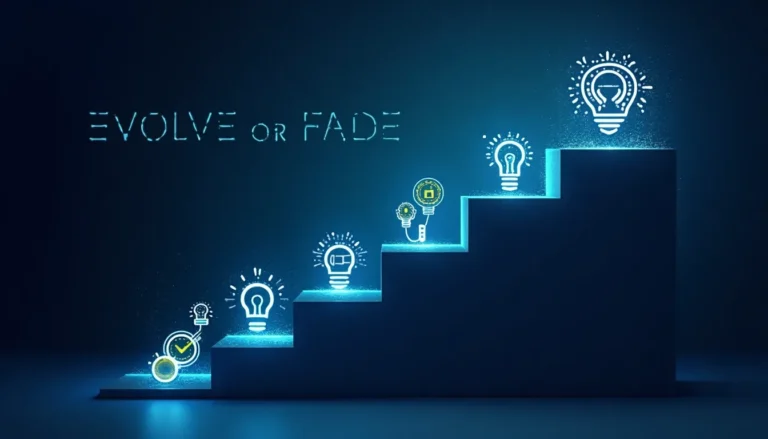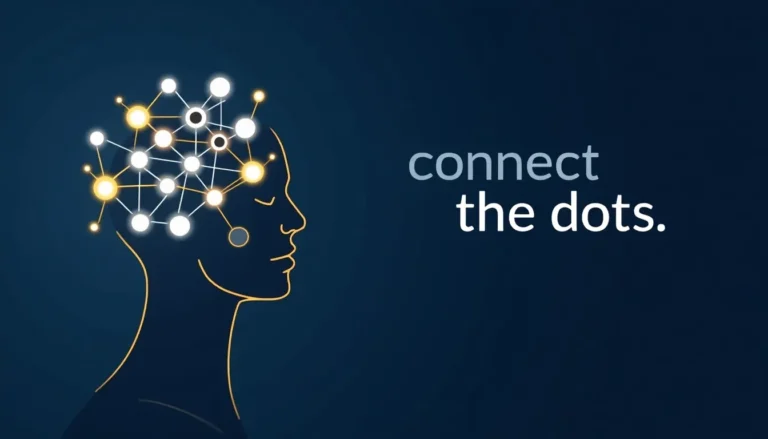The Context Advantage
Everyone’s talking about AI capabilities. They’re missing something bigger.
Context is king.
While machines get better at processing information, they lack the rich tapestry of human experience that gives meaning to data.
This is our edge.
When a child sees a dog for the first time, they don’t just process visual data. They feel the fur, hear the bark, maybe experience fear or joy. That moment becomes part of their understanding forever.
AI sees pixels. We see stories.
The advantage isn’t in what we know, but in how we know it. Our knowledge is embedded in a web of experiences, emotions, and connections that machines can’t replicate.
Yet.
This is why human judgment still matters. When we make decisions, we’re drawing on countless subtle cues and past experiences that AI models haven’t learned to recognize.
A doctor doesn’t just see symptoms. They see the patient’s history, their family situation, their stress levels, their determination to heal.
A teacher doesn’t just grade papers. They understand the student’s growth, their struggles, their potential, their home life.
This is the context advantage.
But here’s the twist: AI is getting better at context too. It’s learning to recognize patterns in increasingly complex ways. It’s beginning to understand nuance.
The gap is closing.
This isn’t a reason to panic. It’s a reason to double down on what makes us unique. To cultivate our ability to see connections that aren’t obvious. To develop our capacity for nuanced understanding.
The future belongs to those who can blend AI’s processing power with human contextual intelligence.
We need to stop competing with AI on raw computation.
We need to start focusing on our unique ability to understand context in ways that machines cannot.
The question isn’t whether AI will get smarter.
The question is whether we’ll get better at leveraging our context advantage.
Because in a world of artificial intelligence, natural intelligence still has an edge.
Context isn’t just king.
It’s the kingdom we need to protect and expand.
The machines are coming. But they’re coming into our world, shaped by our context, our understanding, our meaning.
That’s the advantage they can’t compute.
Yet.



